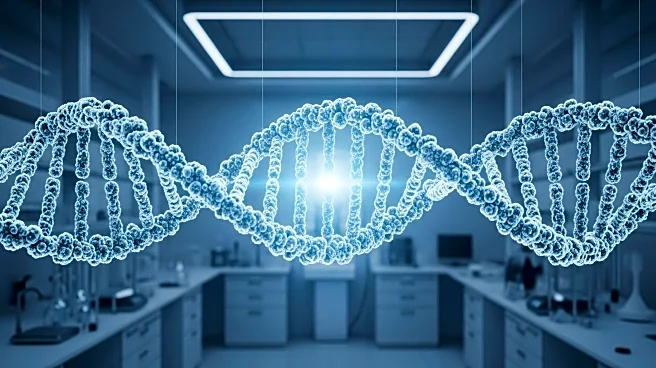What's Happening?
Biotechnology is increasingly influencing various sectors, including food production, disease treatment, and industrial processes. While the potential benefits are significant, such as fighting hunger and curing illnesses, the rapid advancement of biotech tools raises ethical and safety concerns. The report highlights risks associated with genetic engineering, such as unintended ecological impacts and the potential for misuse. The spread of biotech tools beyond expert circles and weakening safety barriers are also noted as challenges.
Why It's Important?
The expansion of biotechnology presents both opportunities and risks. While it can lead to breakthroughs in health and environmental sustainability, it also poses challenges in terms of regulation and ethical considerations. The potential for unintended consequences, such as ecosystem disruption, necessitates robust oversight and international cooperation. The report calls for a balanced approach to harnessing biotech's benefits while mitigating risks.
What's Next?
The report suggests the need for an international regulatory framework to ensure safe and ethical use of biotechnology. This includes DNA screening, biosafety standards, and rapid reporting channels for accidents. Policymakers and ethicists are urged to engage in discussions to address these challenges and develop comprehensive guidelines.
Beyond the Headlines
The ethical implications of biotechnology, such as the potential for eugenics and intellectual property concerns, require careful consideration. The report emphasizes the importance of transparency and public engagement in shaping the future of biotech. Long-term impacts on global inequalities and environmental sustainability are also highlighted.










